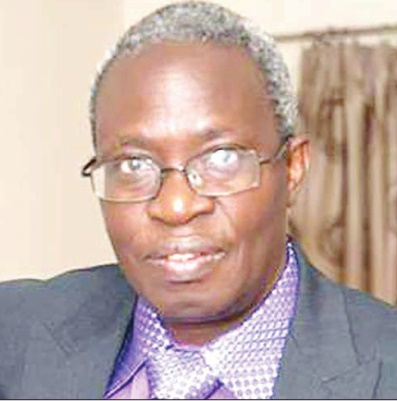Supreme Court of Appeal Justice Dunstain Mwaungulu writes

1. The court correctly decided on the facts and law and I must add excellently on the NULLIFICATION. But the orders made after that are very consequential and could raise unnecessary problems after or before the elections.
1 THE DATE OF THE POLL. The Courts determined that the poll date should be determined by Parliament. They did not examine sections 62 (1), 67 (2), 67 (1) and 80 (1) of the Constitution and sections 2 (defining a polling day) and 36 and 48 of the Parliamentary and Presidential Elections Act that say very clearly that the ELECTORAL COMMISSION – not Parliament or President whose elections they were – is the APPROPRIATE POWER to SET THE POLLING DATE. And I discuss this for a good reason. The judgment does not state whether Parliament will set the date by an Act of Parliament, a proclamation or resolution. If it is by an Act of Parliament, it has to be voted by 50 +1% of members voting. And the numbers are not good between the government and the opposition side. We could have an impasse. And then the President could VETO the bill. Then the bill has to pass by 67%. My criticism therefore wants to show that this is unnecessary and delaying. The Electoral Commission could alter any date under section 48 (3) of the PPEA. The best here is to discourage and stop Parliament to decide unconstitutionally because the appropriate constitutional power, the ELECTORAL COMMISSION, has set the date. It is 23 JUNE. How can I be attacking the Courts if I am employing them to not stifle the set date by asking Parliament to set the Date. Am I taking sides? Yes. On the side of the right thing.
2. The Framers of the Constitution already provided that the president is elected on a MAJORITY of the electorate. The Supreme Court, not the legislature, previously INTERPRETED that to mean plurality of votes. The Supreme Court now has INTERPRETED that CORRECTLY to mean 50+1%. BRILLIANT. But the Supreme COURT gagged itself by requiring Parliament to pass a law. Why? The Courts order means that there must be an amendment to the Constitution. That means the bill has to pass with a majority of 67%. The numbers are not very promising for amendment either way. That bill could be vetoed by the President. Start all over again. That is dilatory, expensive and risky for all of us. Parliament may not pass the bill or amend it anyway they want.
My solution and proposition which is the CORRECT POSITION is THE COURT HAS INTERPRETED THE EXISTING LAW THAT 50+1%. ALL BRANCHES OF GOVERNMENT ARE BOUND BY THIS INTERPRETATION. IF PARLIAMENT WANTS TO CHANGE LET IT DO IT ITSELF AND CANVASSS FOR THE APPROPRIATE MAJORITY.
So what is the wrong I have committed! The only ERROR I have committed is being RIGHT?
3. The Court ordered the Electoral Commission to pay costs. The Electoral Commission has either to sell its assets or be bailed out by the tax payer. The Constitution makes the Electoral Commission a court of some sort so that the contest of an election be not be between somebody v the Electoral Commission. Rather the contest must be the loser v the winner and prove that the elections were improperly conducted or conducted in a manner not according to the law. The contester and the contested party bear their own costs – the EC is a neutral – and its decisions are appealable. The Electoral Commission does not have to defend its decisions in the appeal. AND IT DOES NOT HAVE TO PAY COSTS.
THE TAXPAYER DOES NOT HAVE TO PAY COSTS OF TWO PEOPLE WHO, HUNGRY FOR POWER, WANT TO BE ELECTED AS PRESIDENTS.
That is what our FRAMERS of the CONSTITUTION saw. WHY SHOULD WE PAY FOR PEOPLES HUNGERING FOR POWER?
My solution, which is the Constitutions is the courts must accept that the ELECTORAL COMMISSION is the first port of call and there the matter is Chilima and Chakwera v Mutharika. They bear their costs.
Under the Constitution it is only the petitioner or complainant WHO HAS THE RIGHT OF APPEAL. WHICH MEANS THAT IF THE EC DECIDES IN FAVOUR OF THE COMPLAINANT THE RESPONDENT THE RESPONDENT CANNOT APPEAL.
On Appeal to the High Court, the parties remain the same. The Electoral Commission, like all tribunals or courts appealed from, have no right to defend their decision in the High Court.
Why should the Electoral Commission, as a court, be saddled with costs when they were a court performing a judicial function as they should in law.
What is my error? To defend the Electoral Commission and the Tax Payer from paying costs that they should not pay?
I do not want to pay costs – as a tax payer – of people who because they want to exercise power want to be candidates. HOW IS THAT A PROBLEM?

